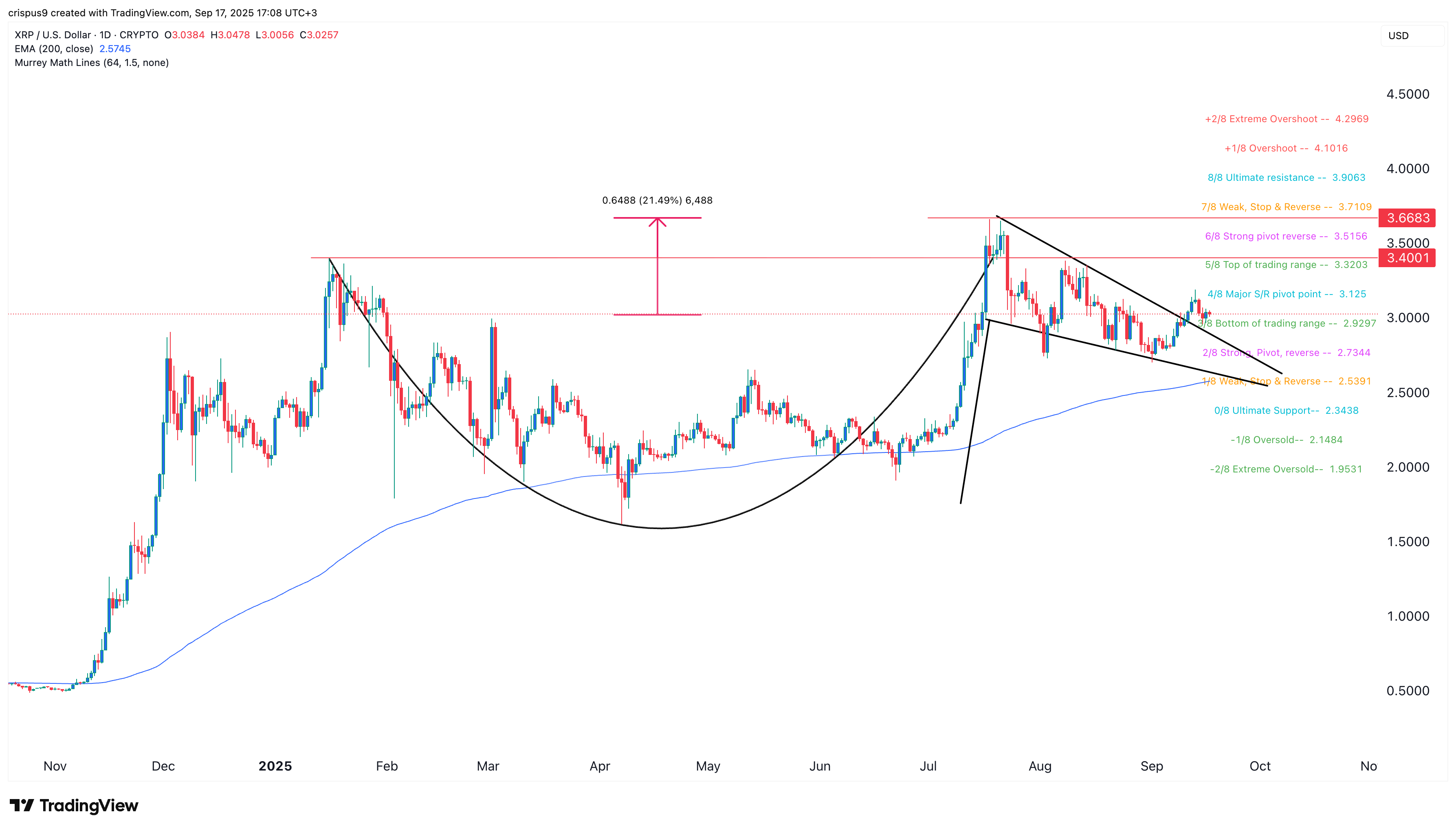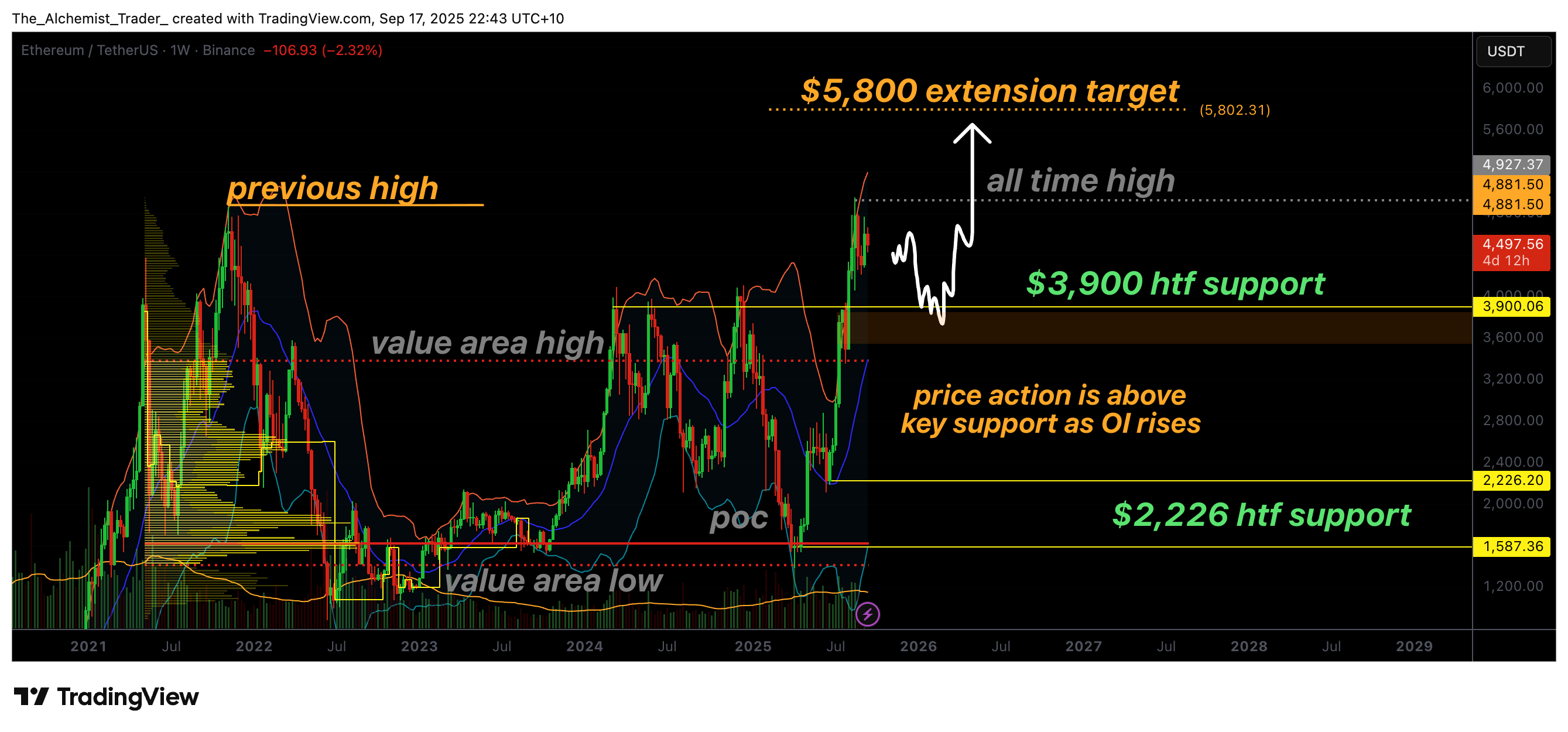SEC scraps SAB 121, making crypto custody easier

The Securities and Exchange Commission (SEC) has repealed a controversial rule requiring financial firms holding cryptocurrency for customers to report those assets as liabilities on their balance sheets.
In a bulletin issued on Jan. 23, the SEC announced that Staff Accounting Bulletin (SAB) 122 officially rescinds SAB 121, a policy introduced in March 2022 that faced significant pushback from the crypto industry.
SAB 121 had drawn criticism for its cumbersome reporting requirements, with industry leaders arguing it made custody of digital assets unnecessarily complicated.
The rule’s removal was met with relief, as highlighted by SEC Commissioner Hester Peirce’s celebratory Jan. 23 post on X: “Bye, bye SAB 121! It’s not been fun.”
Last year, Congress also enacted a joint expression opposing SAB 121, but then-President Joe Biden vetoed it.
Now, as the ‘pro-crypto’ Republican government has set foot, many disobliging rules within the crypto industry are starting to be revoked. A day after Donald Trump signed into his second term as President, he appointed SEC Commissioner Mark Uyeda as interim SEC chair. Uyeda commented last October on how SEC’s take under Gary Gensler was nothing short of a disaster.
Interestingly, Cornerstone Research reported on Jan. 23 that the SEC under Gary Gensler initiated just 33 actions involving cryptocurrencies in his final year as SEC chairman — down from 47 in the year prior, which saw the largest amount of enforcement activity. Last year, the SEC sued 90 bitcoin defendants or respondents, comprising 57 persons and 33 companies.
What SAB 121 repeal means for the crypto community?
SAB 121 revocation by the SEC will serve the common by enabling custodians for Bitcoin (BTC) through regulated banks and financial institutions. This shift could also improve security and trust, providing a more secure alternative for those new to self-custody or cryptocurrency wallets. It could also spur greater adoption, as users may find it easier to interface with crypto through trusted institutions.
Moreover, institutional custody also helps mitigate the risk of losing private keys and provides improved financial inclusion for people who are not able to create secure digital wallets. This revocation can instill confidence and even greater participation in the cryptocurrency ecosystem as regulatory clarity born from it continues.
While most within the crypto community have been celebrating this revokement, some critics are rather weary.
Jacob, the WhaleWire CEO, posted on X expressing and criticizing the response from the BTC community to the SEC’s recent revocation of SAB 121. He adds that the BTC community is homing in on the news that banks can now hold BTC, even though SAB 121 doesn’t actually mention BTC at all.
Satoshi Nakamoto stated at the time that the goal of the original BTC protocol was to eliminate the need for third-party control, says Jacob. According to him, this year, 2025, is when the BTC ecosystem feels just a bit counterintuitive since it wants banks to store their BTC. Ultimately, he claims BTC itself has succumbed to greed and delusion and forebodes ill for the community.




